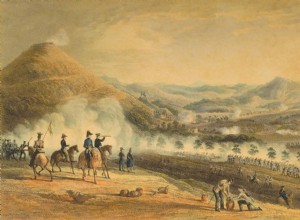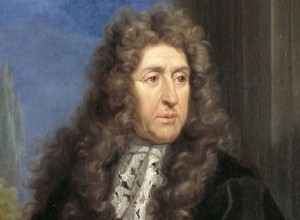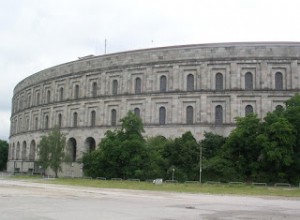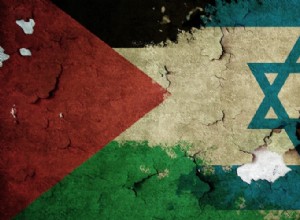The new gunpowder had characteristics that made it revolutionary compared to common gunpowder. It seemed obvious that it would be a clear competitive advantage for the army that used it first. José Roura He was born in Sant Feliu de Guíxols in 1797. He received his doctorate in science from the Facu




